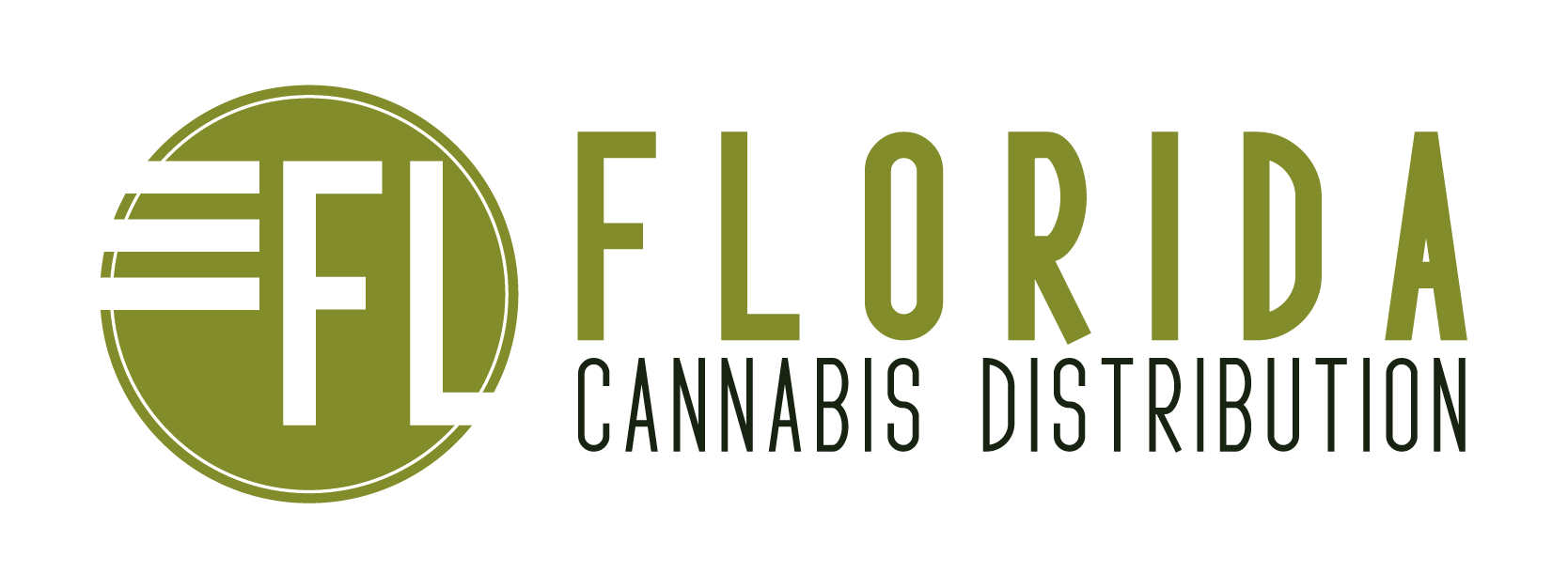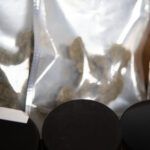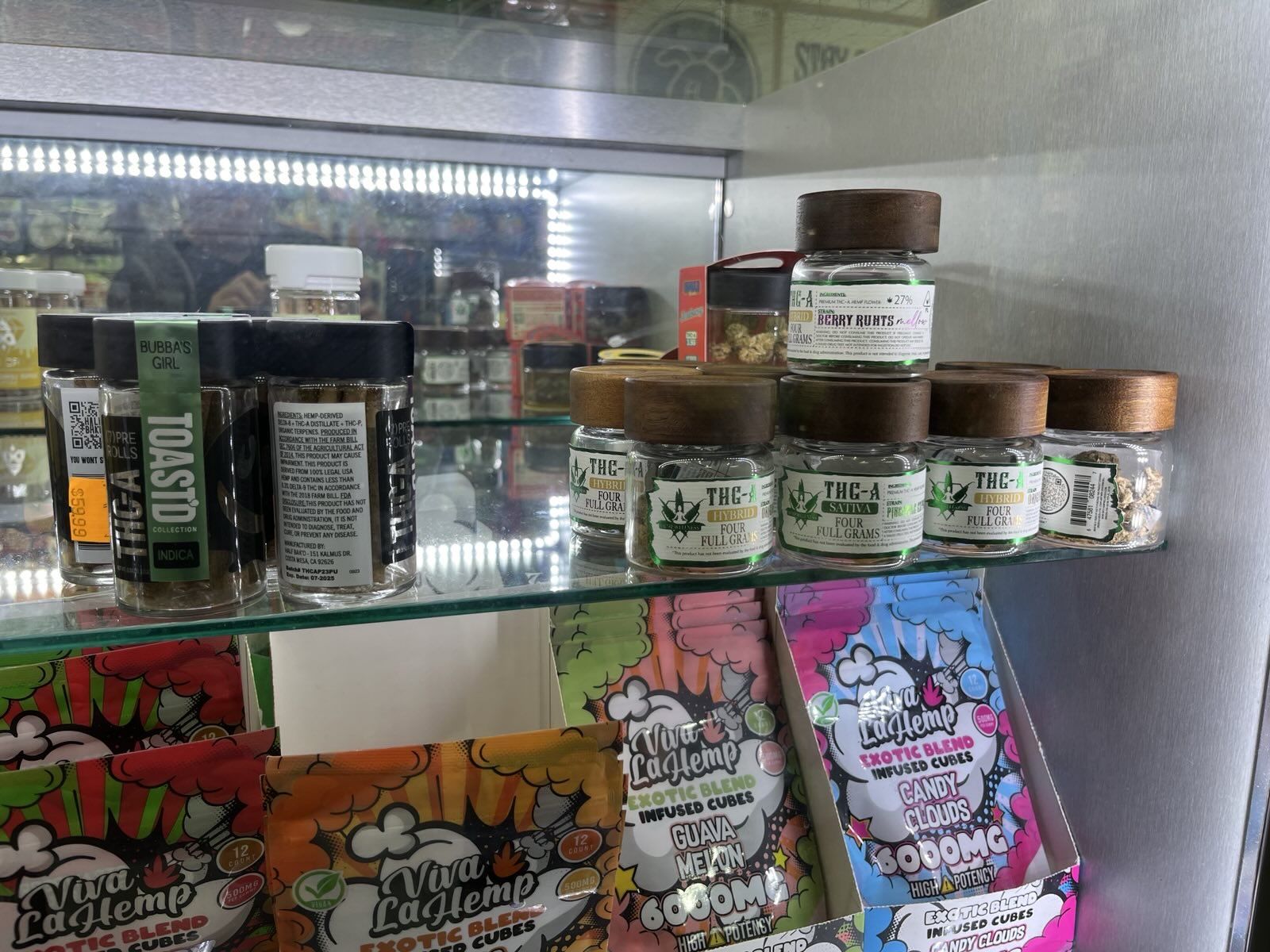Florida’s cannabis distribution sector continues under the weight of a highly regulated, vertically integrated system with no significant legislative loosening on the horizon.
Under current law, Medical Marijuana Treatment Centers (MMTCs) must cultivate, process, and distribute their own cannabis, representing a “cartel-like” system critics have long denounced. The vertical-integration model, constitutionally backed since the 2016 medical‑marijuana amendment, was briefly challenged but ultimately upheld.
No Major Distribution Deregulation in Play
As of mid‑2025, Florida lawmakers have not proposed any substantive reforms to alter this structure. While multiple bills targeting medical‑program expansion and home‑cultivation (S5564, S552, SB546) are under discussion, none address distribution licensing itself. The focus remains squarely on telemedicine access, patient portability, veteran fee waivers, and cultivation allowances, rather than dismantling the MMTC model.
Hemp Loosening Could Affect Competitive Terrain
Governor DeSantis vetoed a 2024 hemp-restriction bill, but legislation remains in the pipeline. Administrative rules effective March 12, 2025, now impose stricter packaging and marketing standards on hemp extracts and Delta‑8 products. Senate Bill 1030 (Sen. Davis) and House Bill 601 (Rep. Cassel) would ban smokable hemp and delta‑8 THC entirely—moves that could shift consumer behavior, potentially reducing indirect competition for MMTCs.
Medical cannabis companies, such as Curaleaf’s Florida Hemp Co., are entering the hemp market to diversify revenue streams, indicating growing pressure to evolve within a mixed THC market.
Recreational Legalization: Not Dead, But Distant
Following the November 2024 defeat of Amendment 3 (56% Yes, short of the 60% needed), lawmakers played offense—courting stricter constitutional amendment rules—especially to reshape 2026 ballot processes. Smart & Safe Florida, the group behind Amendment 3, is gathering signatures again for 2026, aiming to include patient home‑cultivation.
Yet, legislative action to restructure distribution for a potential adult‑use market remains speculative. Republican leadership—controlling the Legislature and Governor’s office—has shown little enthusiasm for revamping MMTC distribution.
Federal Delays May Stall State Reform
At the federal level, cannabis re‑scheduling faces delays, with DEA hearings now postponed until at least 2026. Anti‑legalization groups continue influencing state‑level campaigns by framing recreational legalization as a corporate ploy. Unless federal momentum builds, Florida is unlikely to pursue wholesale distribution overhaul in the short term.
Final Thoughts
Florida’s cannabis distribution landscape is undergoing adjustment—particularly via hemp‑related rule changes and potential home‑grow allowances—but the rigid MMTC‑driven distribution system stands largely intact, with no major legislative or regulatory reform imminent. Distributed pressures—from hemp competition to next‑cycle legalization initiatives—may shape future conversations, yet significant change remains on the horizon, not at hand.







